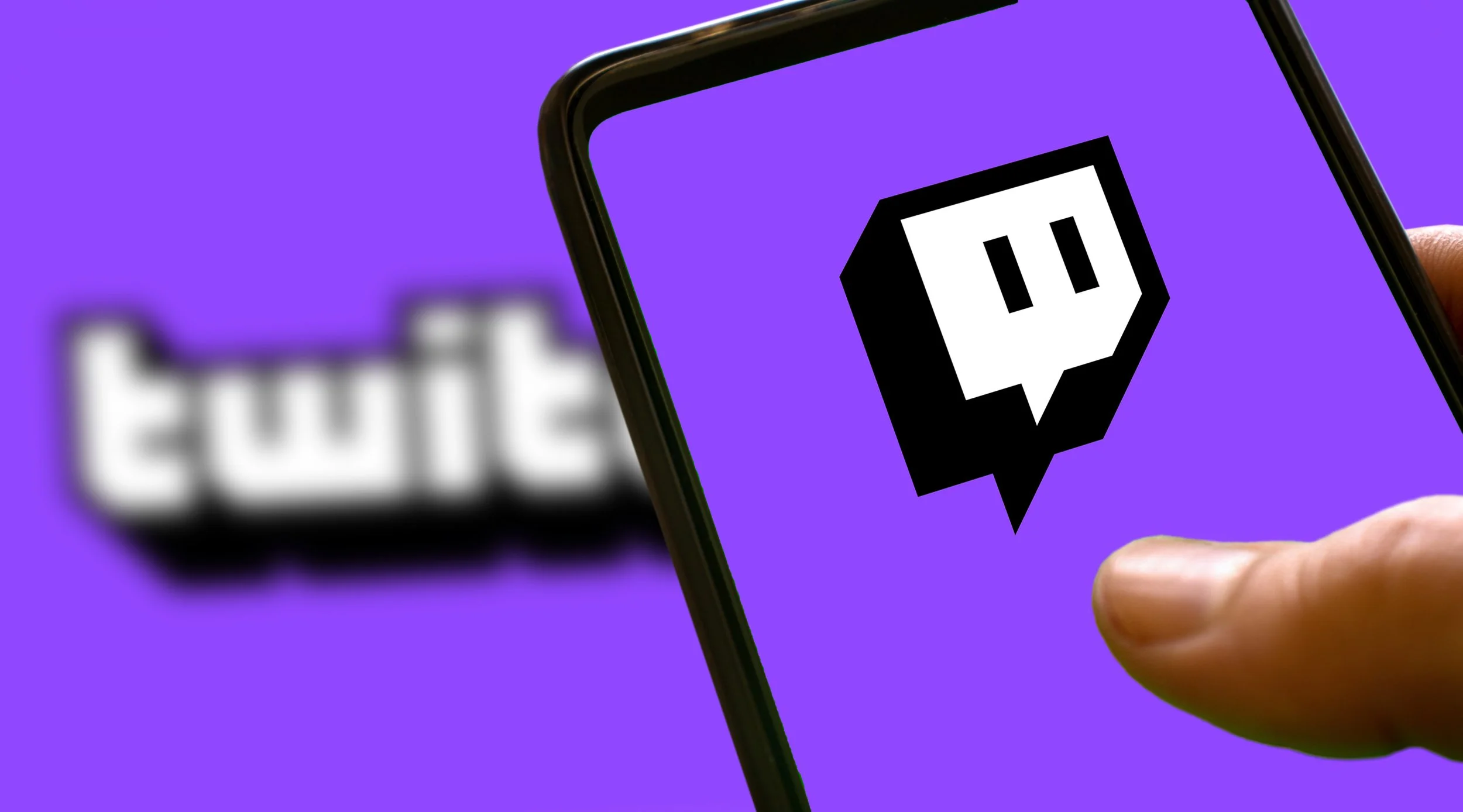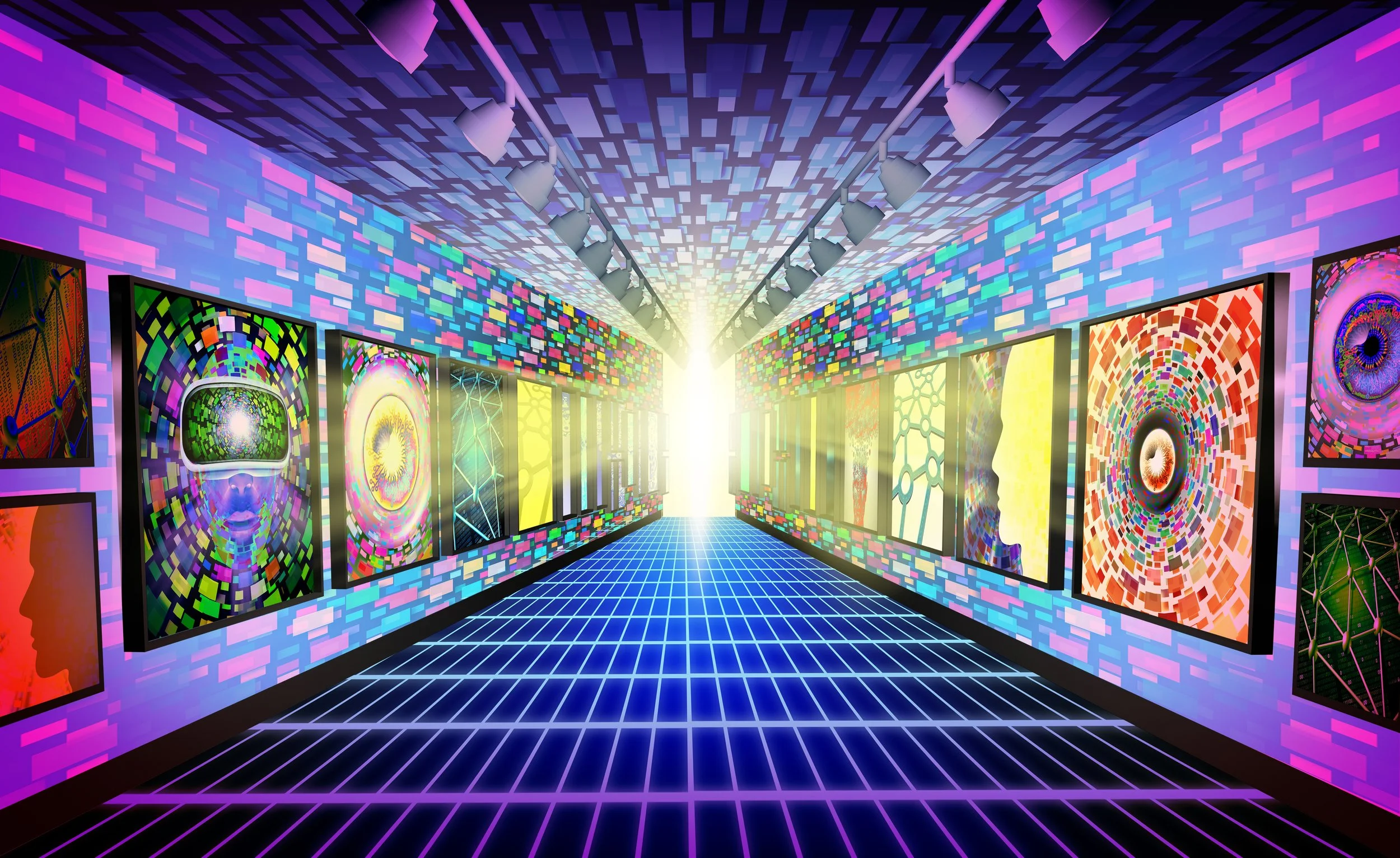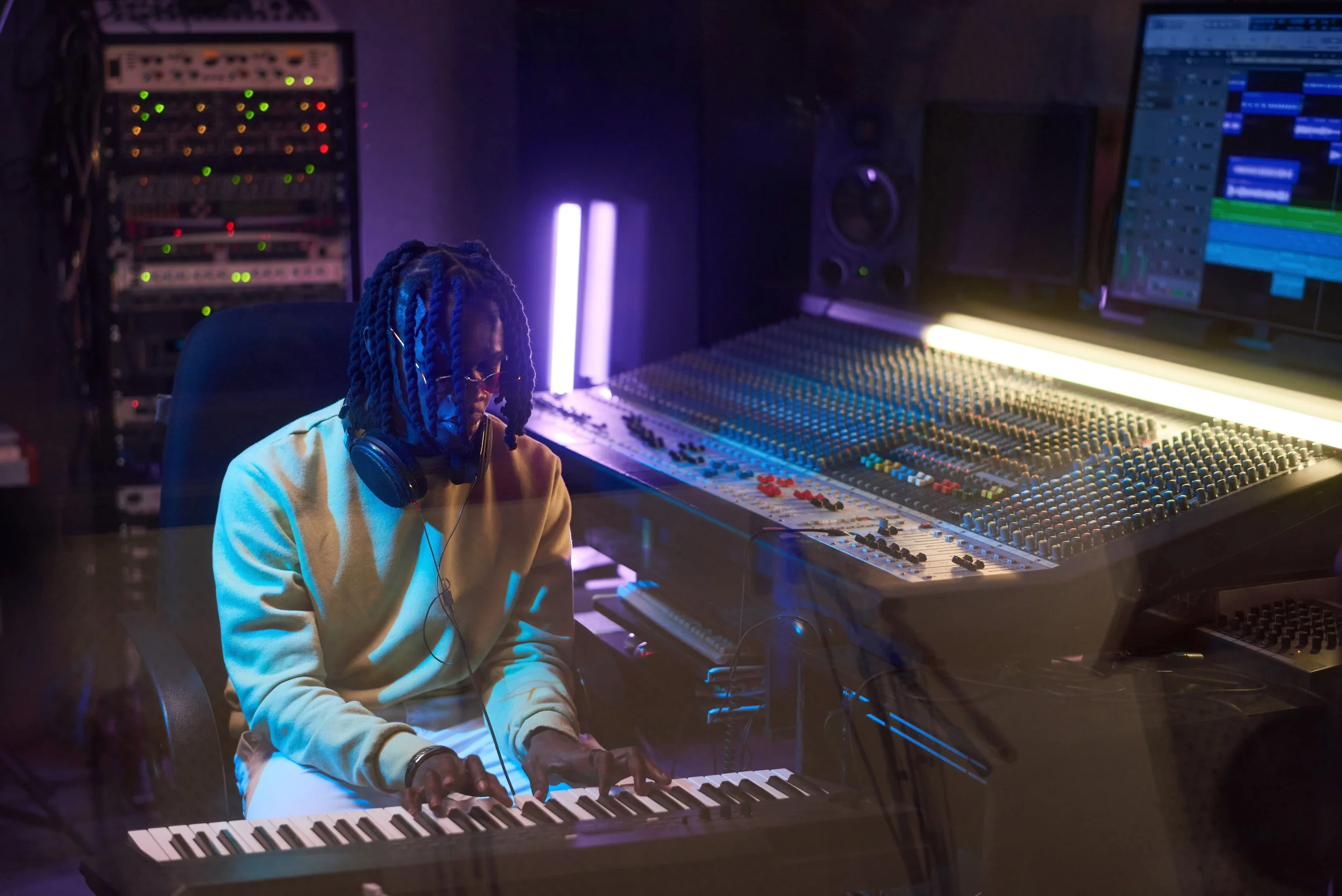How to Get Your Music Featured in Video Games
If you want to earn a living as a musical artist, you have to follow the money, and writing music for or having your music featured in video games, much like in film or TV, can be a solid source of income, and even, if you get firmly established in the industry, a goldmine.
The music industry and gaming industry are more closely tied than you may think, and since video gaming is a nearly $200 billion industry, a piece of that massive pie is going to the producers and artists whose compositions comprise video game musical scores.
If you’re a music maker, you probably already have an appreciation for how impactful a movie score can be. Iconic films like Jaws wouldn’t be what they are without music to set the emotional tone. In the modern era, video games are becoming more cinematic than ever, and likewise depend on quality musical scores to help shape their narratives. Breaking into the film music genre is notoriously difficult, but with the wide world of indie video games, aspiring media composers can find stimulating—and profitable—projects. Here are some important things to know if you want to try and break into the video game music industry.
Getting Started
As with many music gigs, much of your work may be freelance, so making connections is everything. Unfortunately, it isn’t enough to be a dynamite composer and producer. It’s not always the most qualified person who gets the gig, it’s the person who makes the right impression on the right people. In other words: if you wanna learn how to get your music in a game, rule number one is that who you know is at least as important as what you know.
There are multiple tools for researching video game developers, music directors, and game producers, and even connecting directly with them. LinkedIn and MobyGames, which lists credits for all major games, are just two such tools, available to everyone for free. Another, perhaps less obvious tool for music producers is freelancing websites, such as Upwork and Fiverr, where video game developers will post searches for composers.
In short, keep tabs on the major video game development companies and who works for them, as well as on freelance or independent people in the industry, and then connect with them however you can.
Beat and Song Placements
Some people get into making music for video games by getting hired as a composer. However, game developers and publishers are always looking for music, and often license finished beats and songs found online. If you’re marketing your music wisely and diligently, your track may wind up in the right hands. But there are things you can do to ensure that your music is being heard by the people who matter most.
Distribution, publishing, and licensing services like Tunecore, Distrokid, and CD Baby serve primarily to get your music onto Spotify and other platforms. But some of these services also help pitch your music to producers and developers, and can guide the process for getting your music licensed for use in film, TV, and, of course, video games.
As a producer, your first entry point to making music for video games may be having a beat or track you’ve made available online picked up by a developer and being placed in the video game itself. From there exists the potential to be placed on the game’s soundtrack — this is where the payout really starts to hit big. Finally, there’s the potential of the mega jackpot: landing the title track for a game’s trailer. With such a placement, you’ll really be in the money, and the floodgates for more opportunities will be thrown wide open.
As For the Money…
According to Recording Connection, royalty deal rates can range from 8 to 15 cents per composition, while buyouts can range from $2500 to $30,000 and up. Sometimes, though, compensation is determined on a per-minute rate of anywhere from $500 to several thousand dollars a minute, according to MusicRadar.
Composing for video games–that is, being hired by a game developer to compose new music exclusively for their project–is another career path that can pay a salary of anywhere from $50,000 to $100,000. Regardless of whether you want to compose for video games, or produce your own music and land video game placements, you’ll want to have a thorough understanding of the types of music that work best with different types of video games.
Working With Developers As A Composer
Let’s say you make the right moves and get your music noticed by a videogame designer who wants you to compose the score for their next platformer, RPG, or puzzle game. What’s the process like? If you’re building a musical score from scratch, then you’ll likely end up spending a lot of time with the development team to learn the game. Depending on the developers and the style of game, you may be even asked to play a working draft.
Because of this, it can be helpful if you are a fairly competent gamer yourself. Having experience playing games in a wide variety of genres can help you get a feel for the types of music that are most effective for certain scenarios.
You’ll likely end up working closely with at least one member of the development team who will collaborate with you to find the right atmosphere and emotions they want to complement their game. It’s important to have a thick skin here too, because the dev team may pass on several of your ideas before you nail the vibe they want. Be adaptable and remember that you’re there to please the client.
What Kind of Music Will You Be Making?
The chiptune music you probably imagine whenever you think of an old school Mario game is largely a thing of the past. With today’s technology, it’s possible to incorporate everything from sophisticated beat loops to full orchestral scores into video games. The right music can vary dramatically depending on the tone and gameplay of the project itself.
The same sort of beats you might upload to Airbit could be just the right background music for an indie puzzle game, while a big budget adventure game may call for a fully fleshed-out orchestral score. Regardless of genre, the importance of music in video games is hard to overstate.
Legal Stuff
Once you make the right connections and start getting opportunities to put your music into video games, you’ll need to make sure you have the fine print worked out too. The right licenses will ensure you get credited and compensated fairly for the music you provide to video game producers.
A licensing service will help shoulder some of this burden, but it’s important for you, the artist, to understand your rights and ensure you’re getting treated right. Luckily, we have the resources to help you navigate the often-confusing legal side to music production. For aspiring video game composers, learning the basics of sync licensing is a great place to start.
Breaking into any industry takes a lot of grit, and the world of video games is no exception. The trick is to be persistent and not let yourself become discouraged. With a thick skin and some persistence, you’ll soon be on your way to a lucrative career in video game music.










